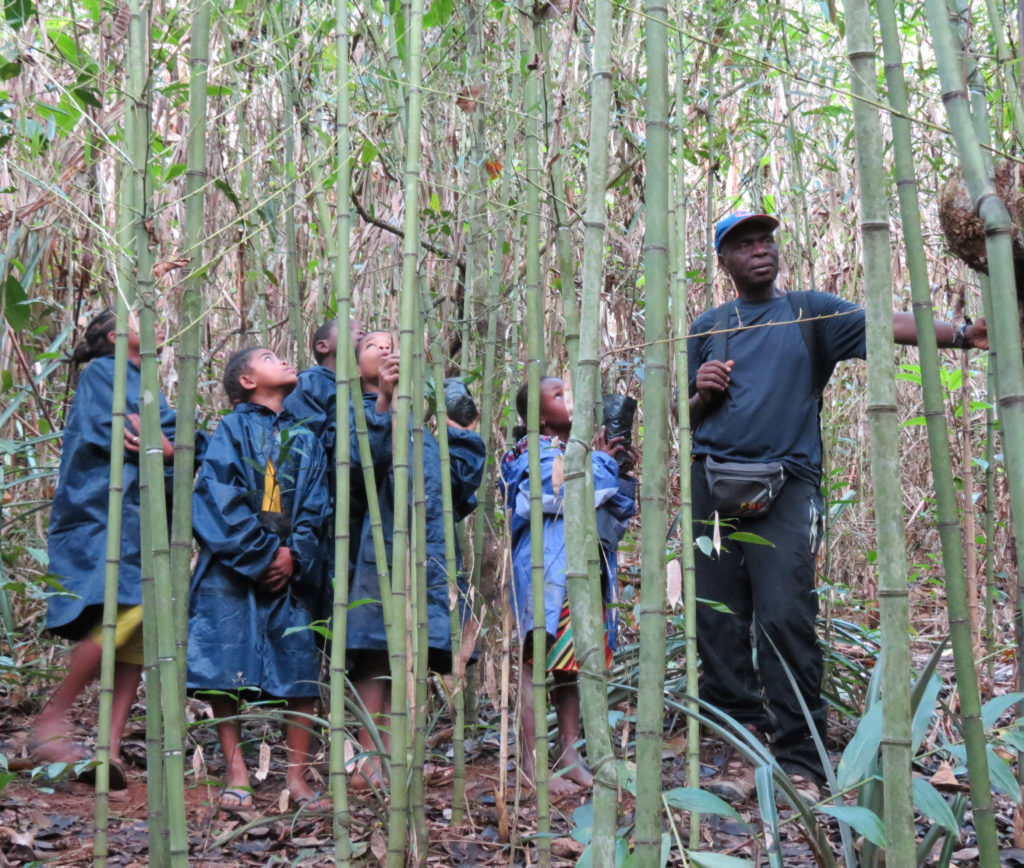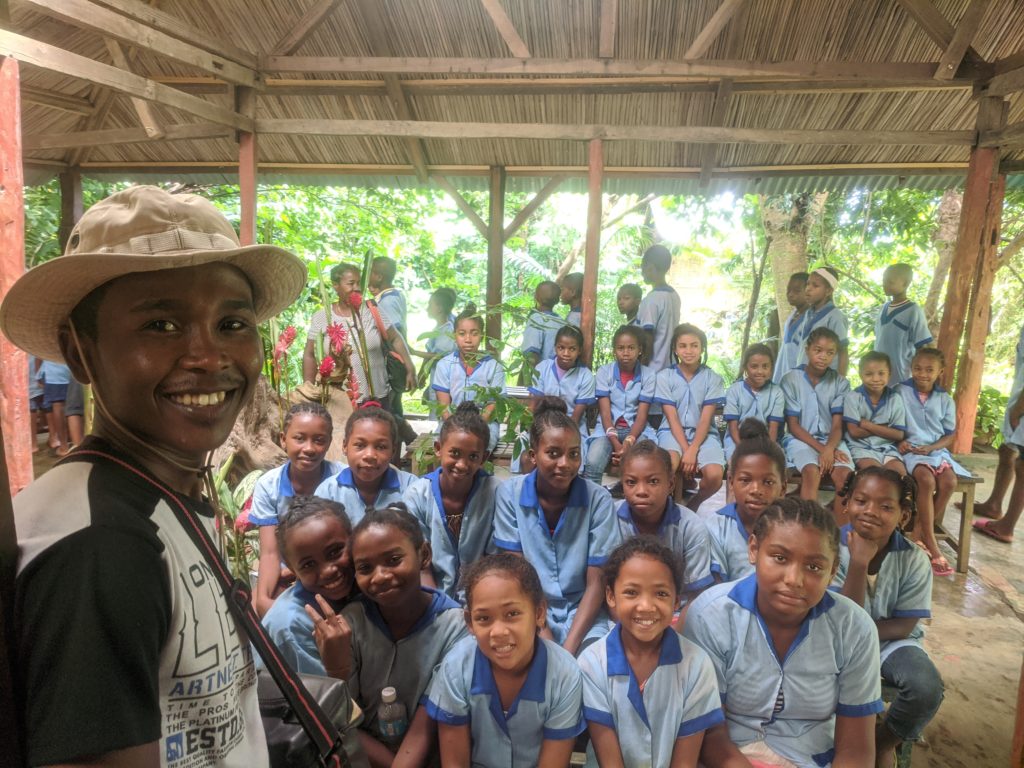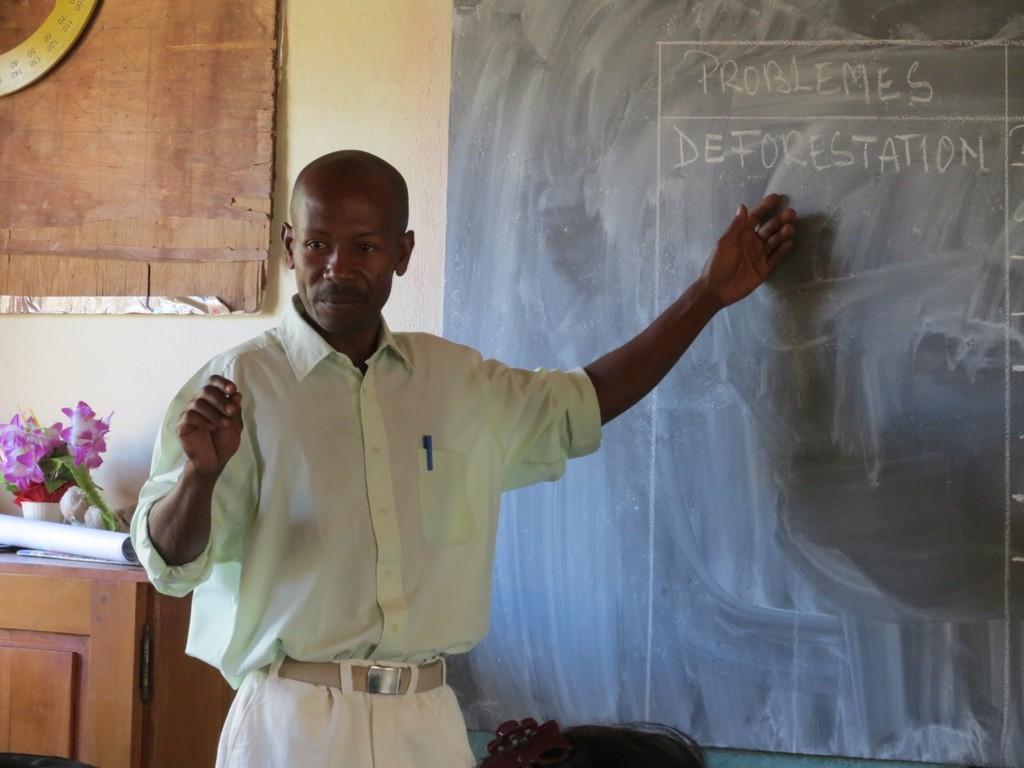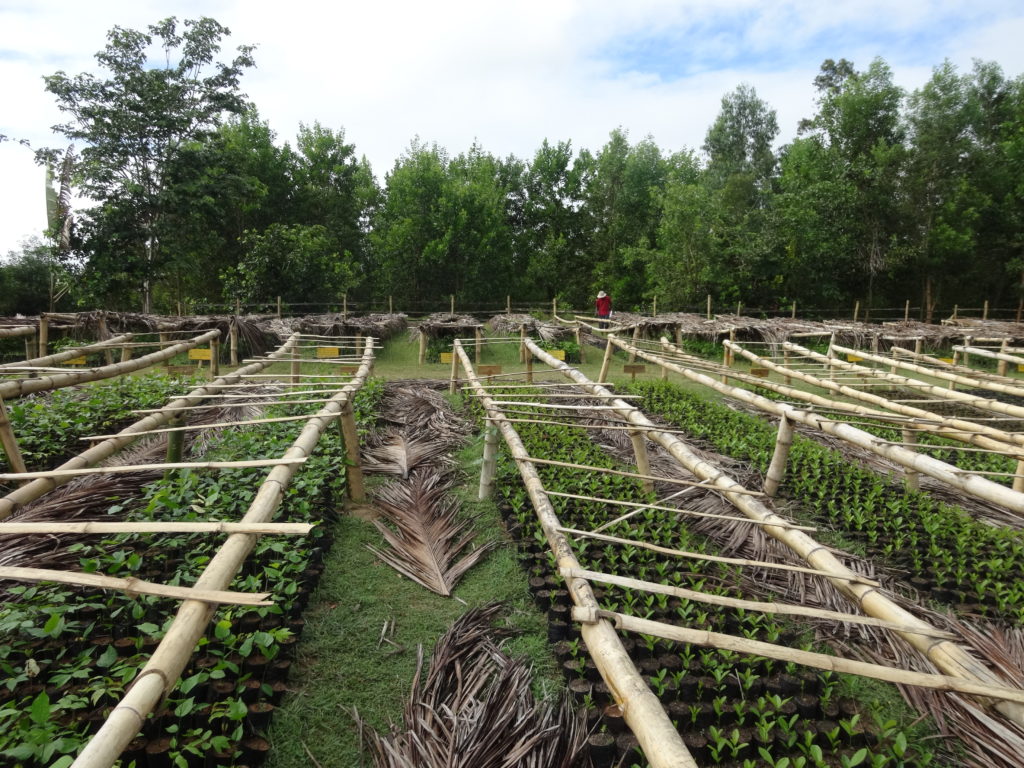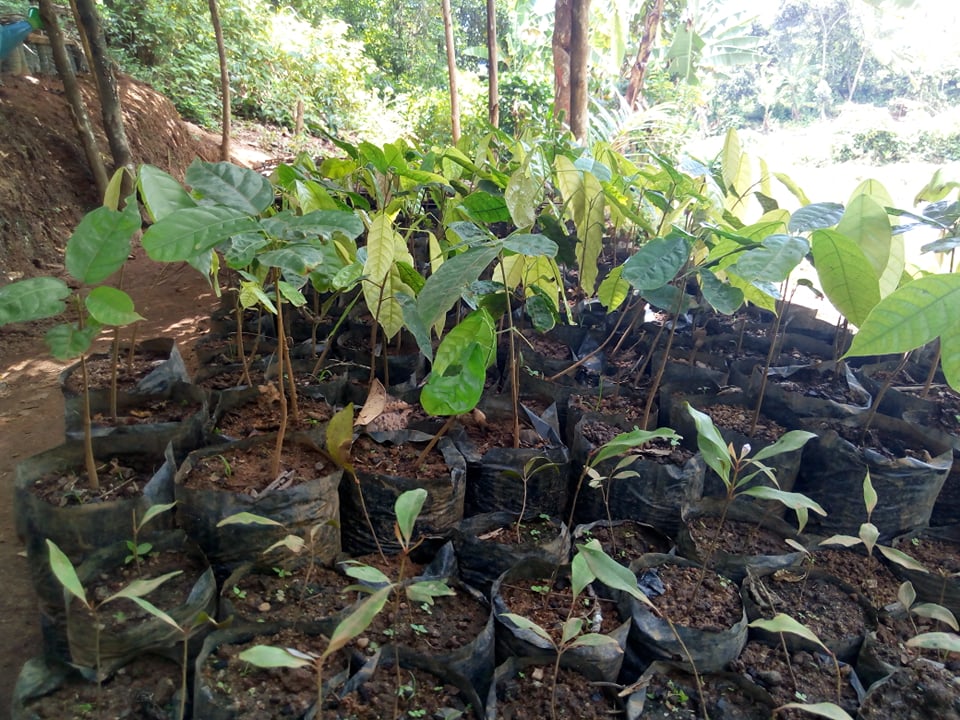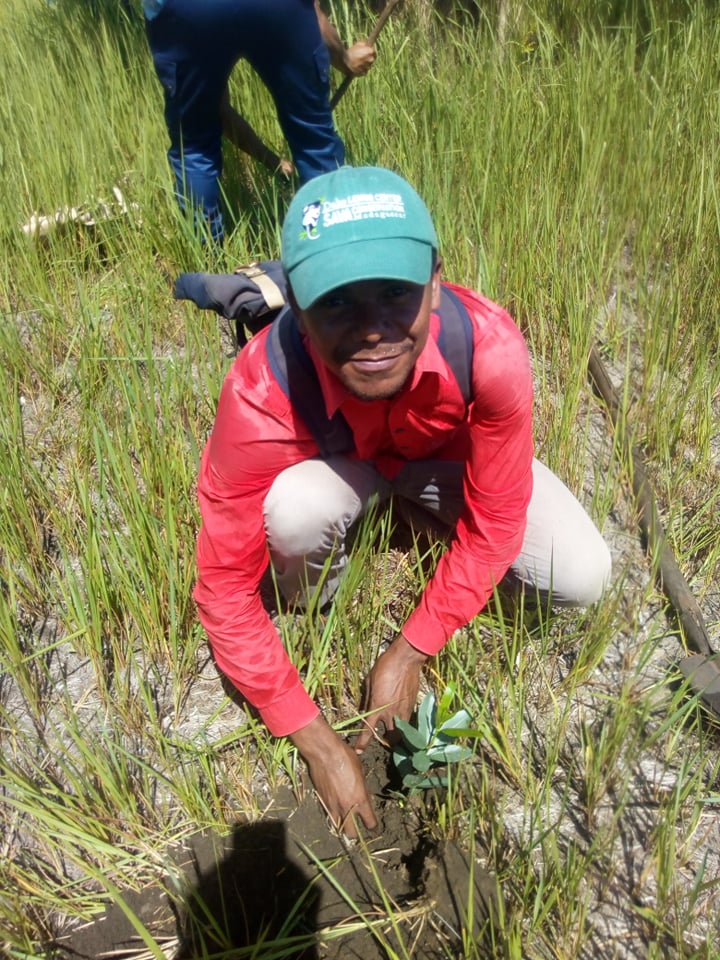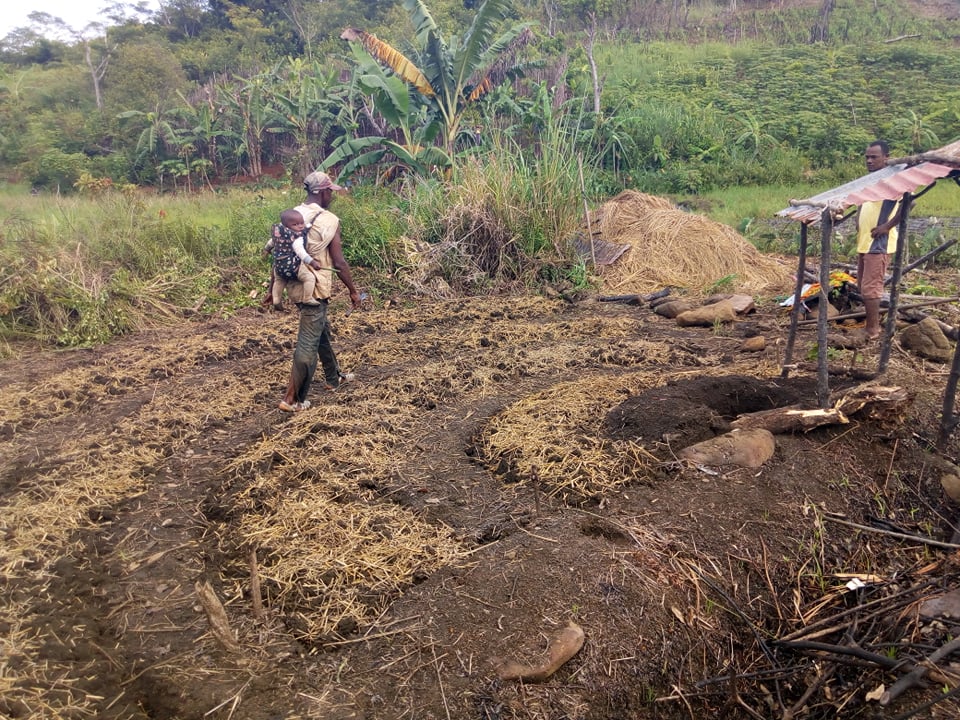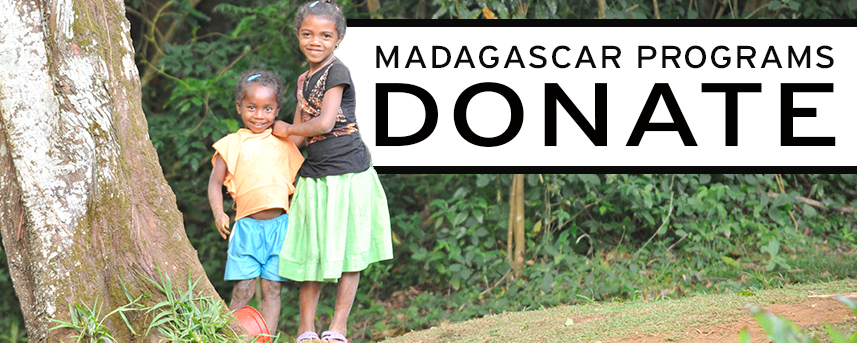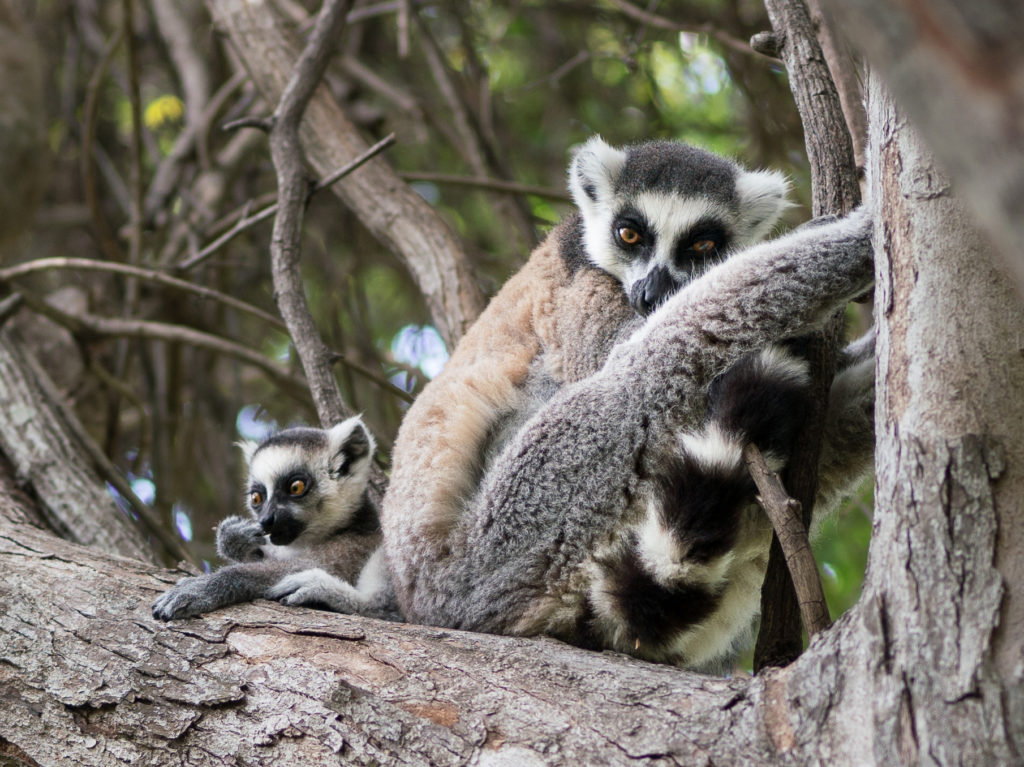
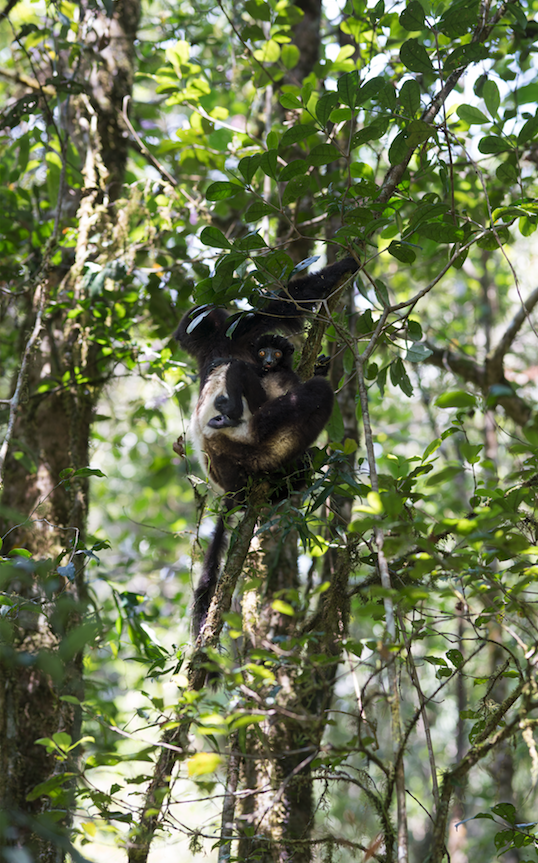
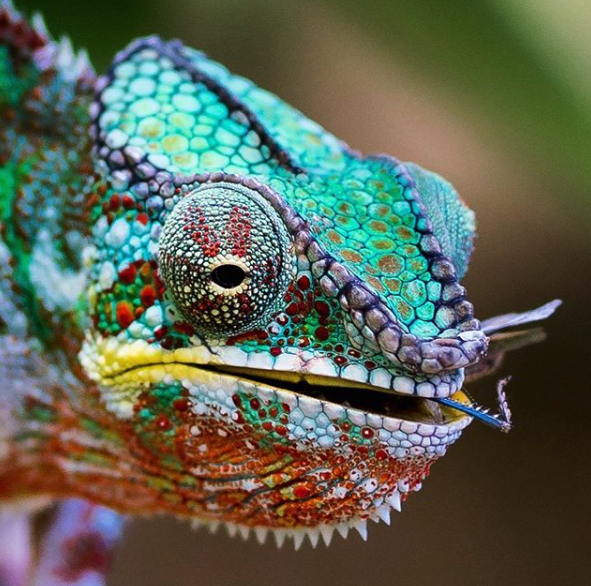
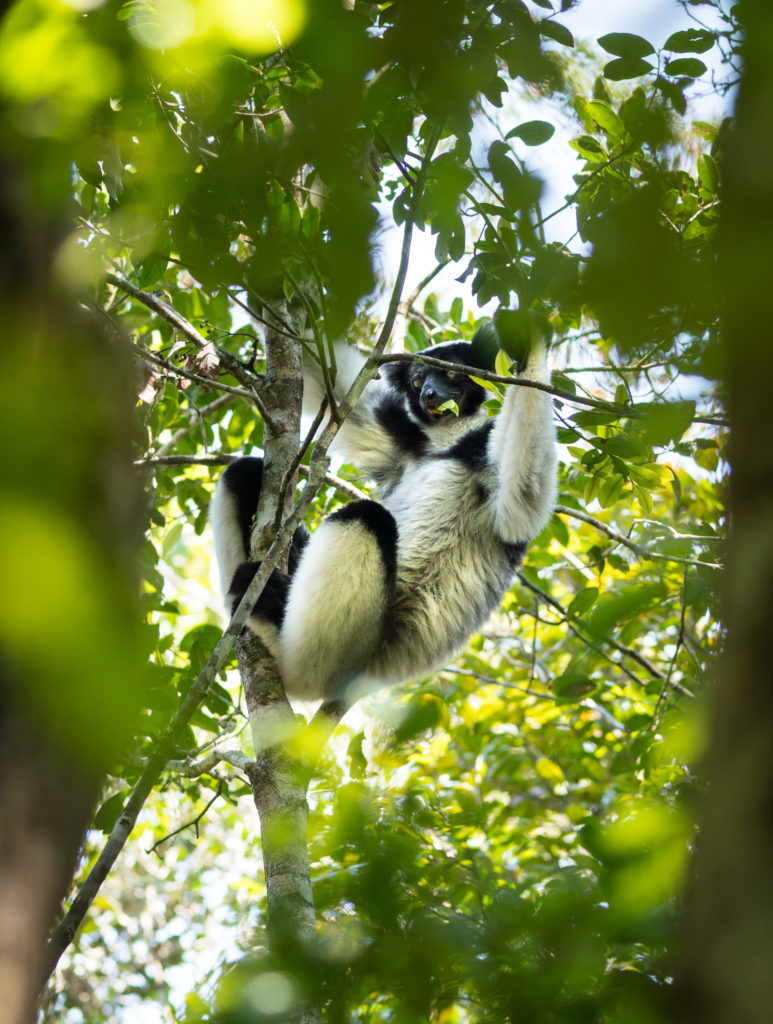
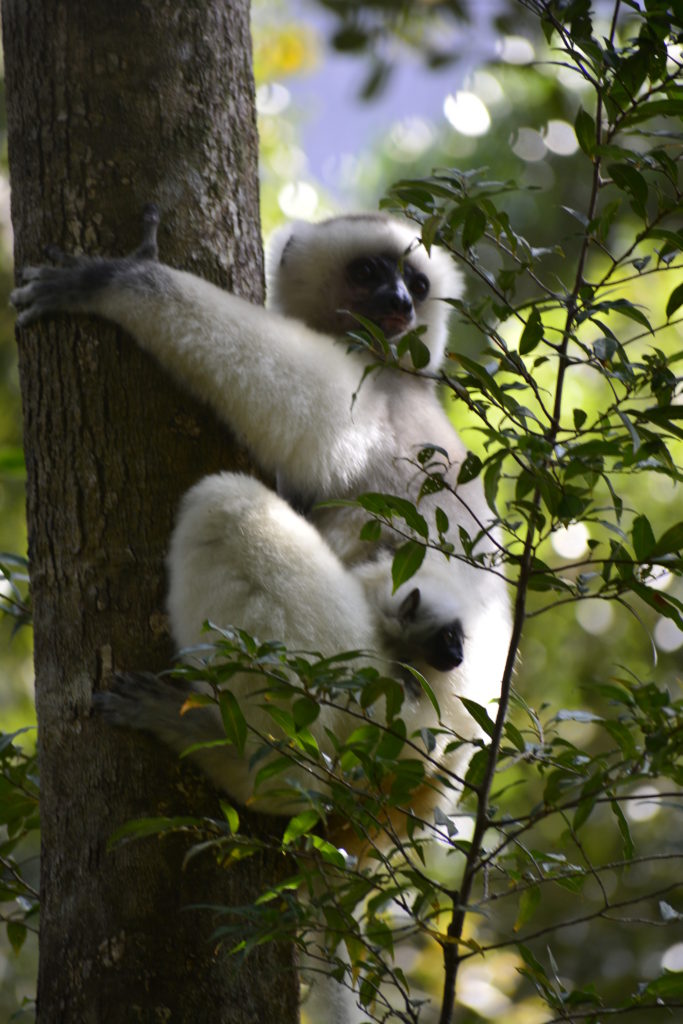
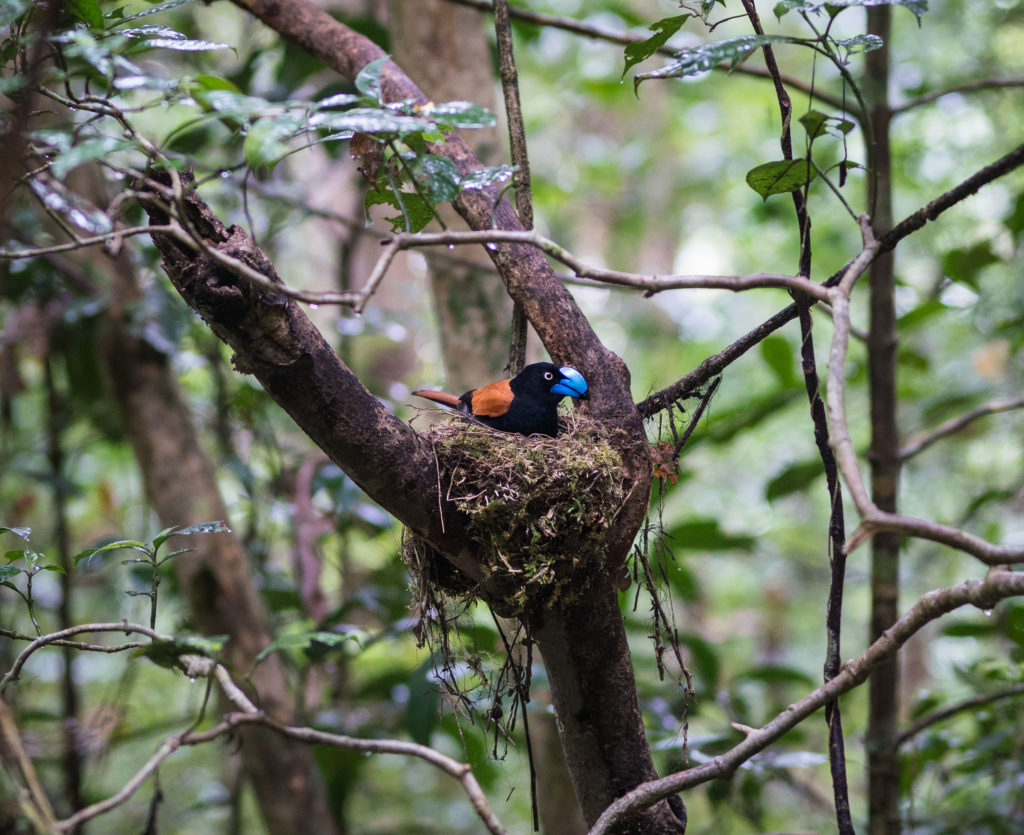
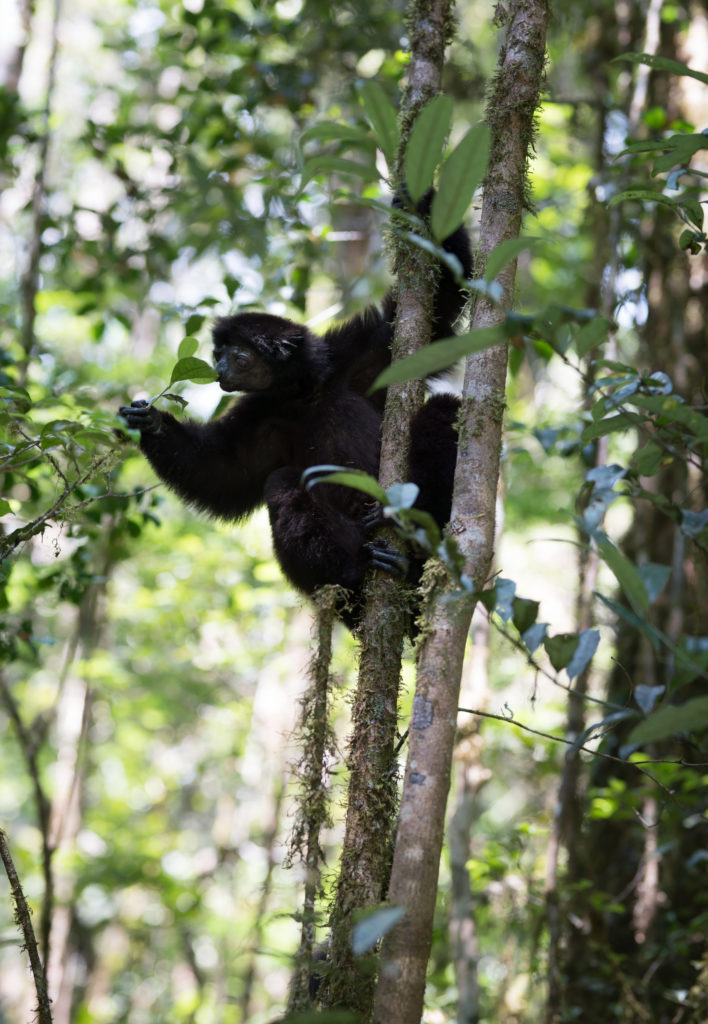
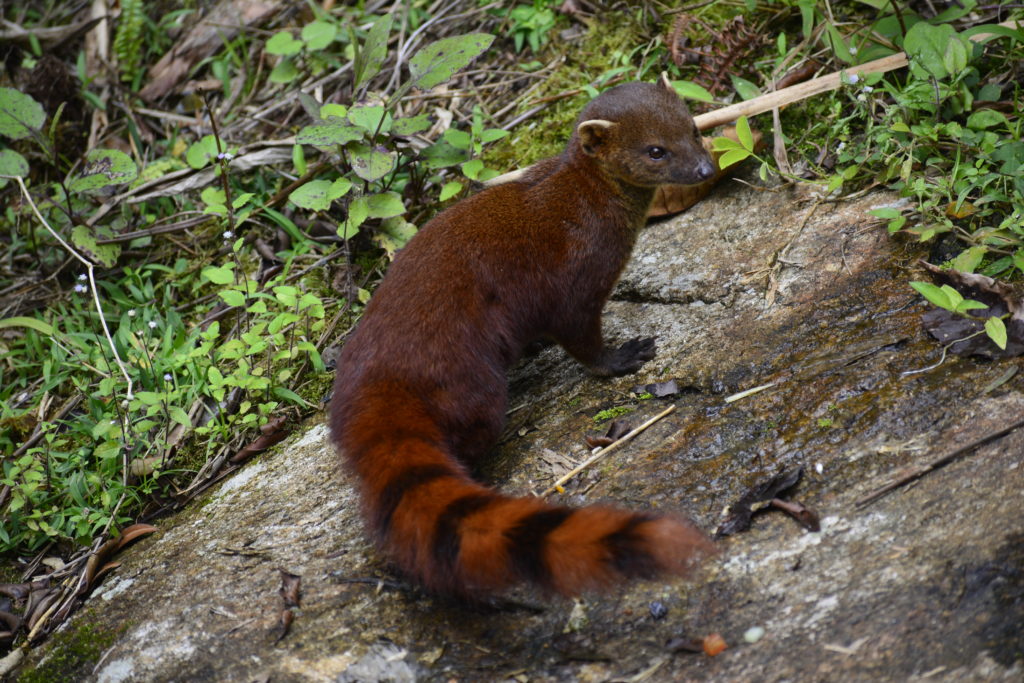
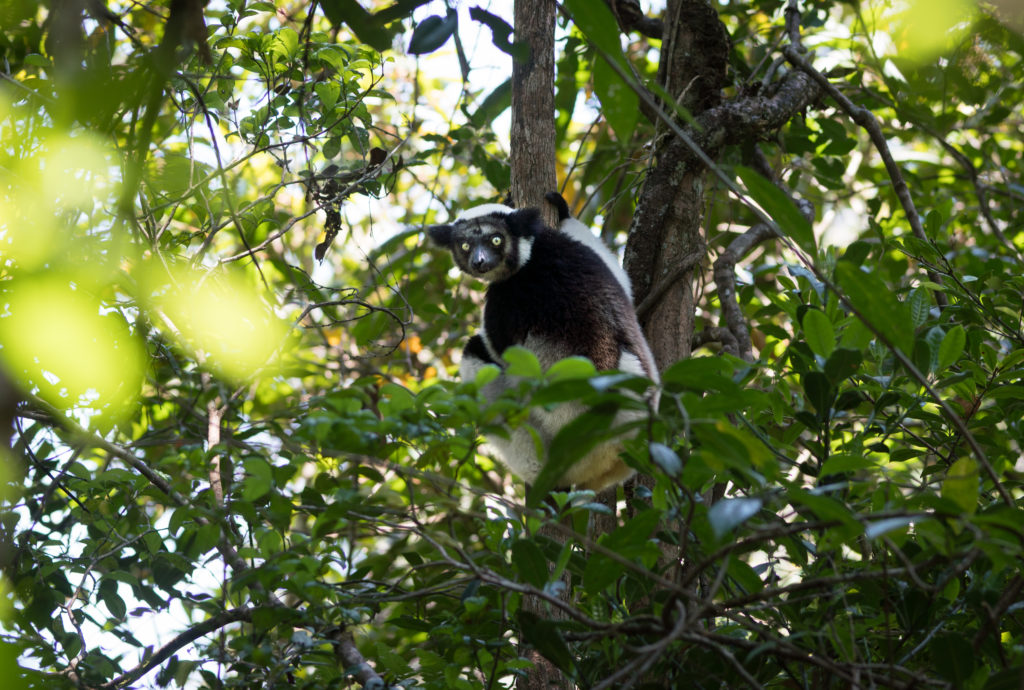
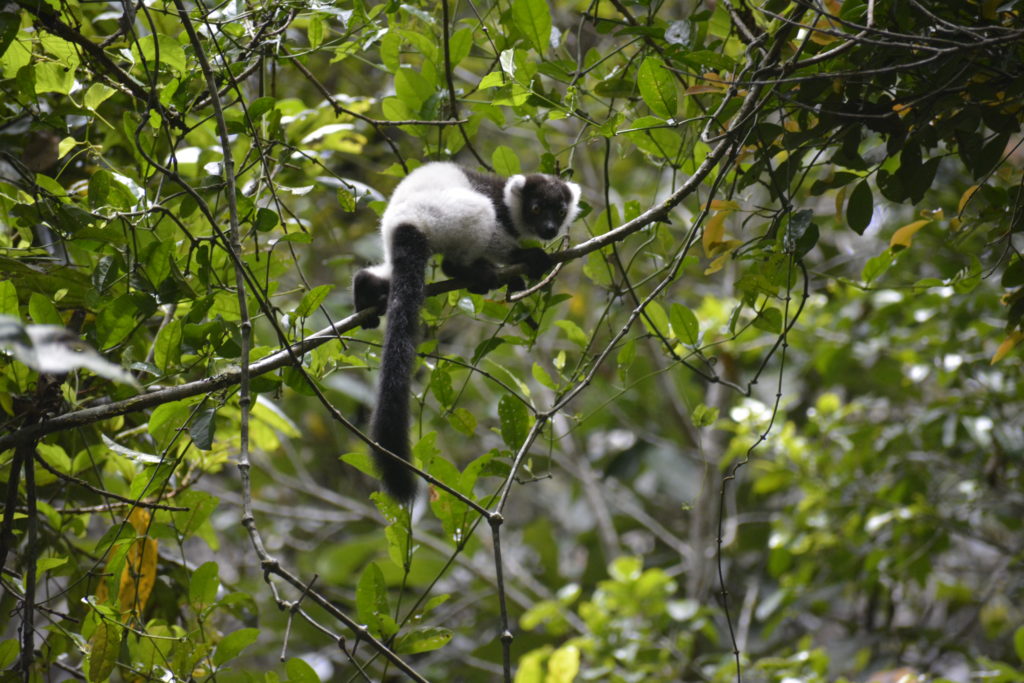
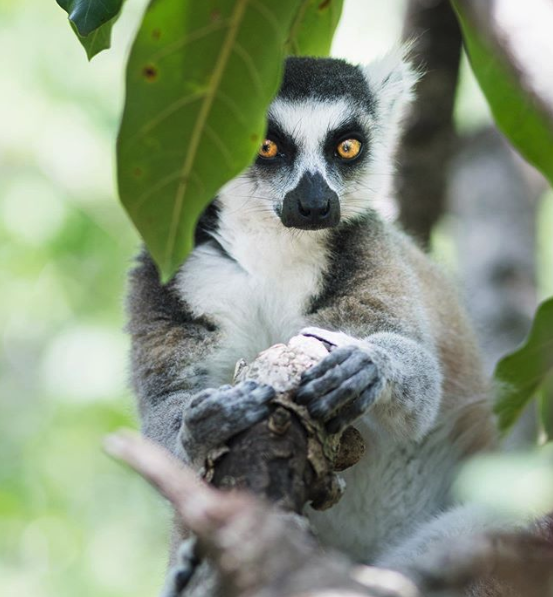
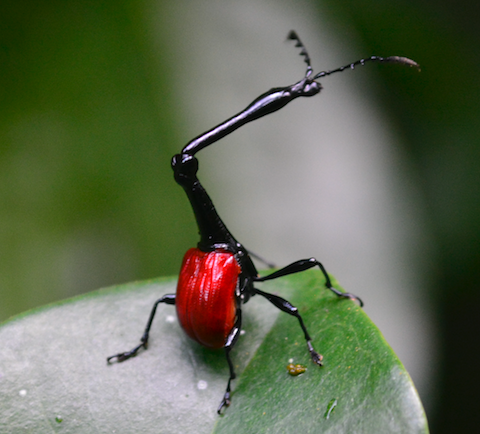
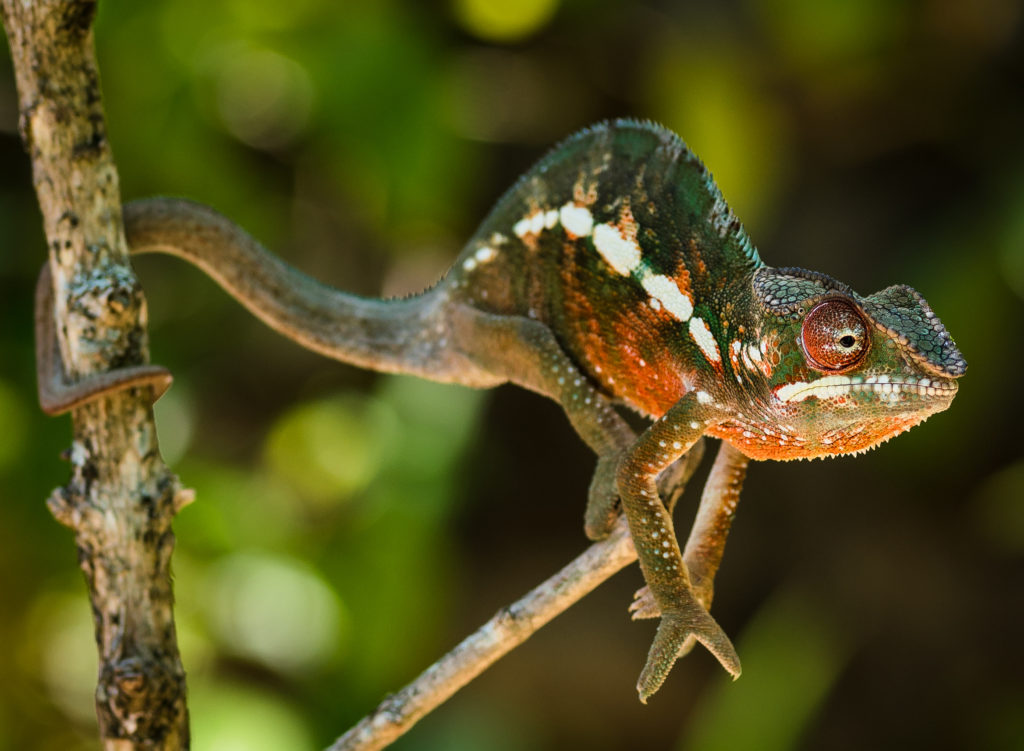
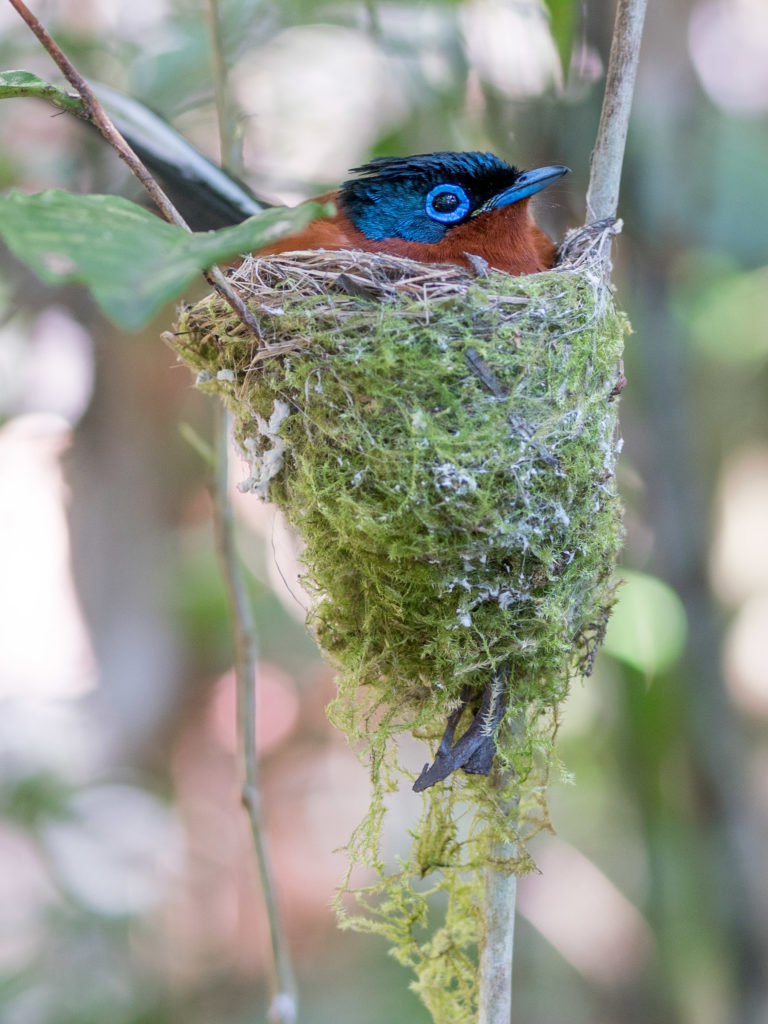
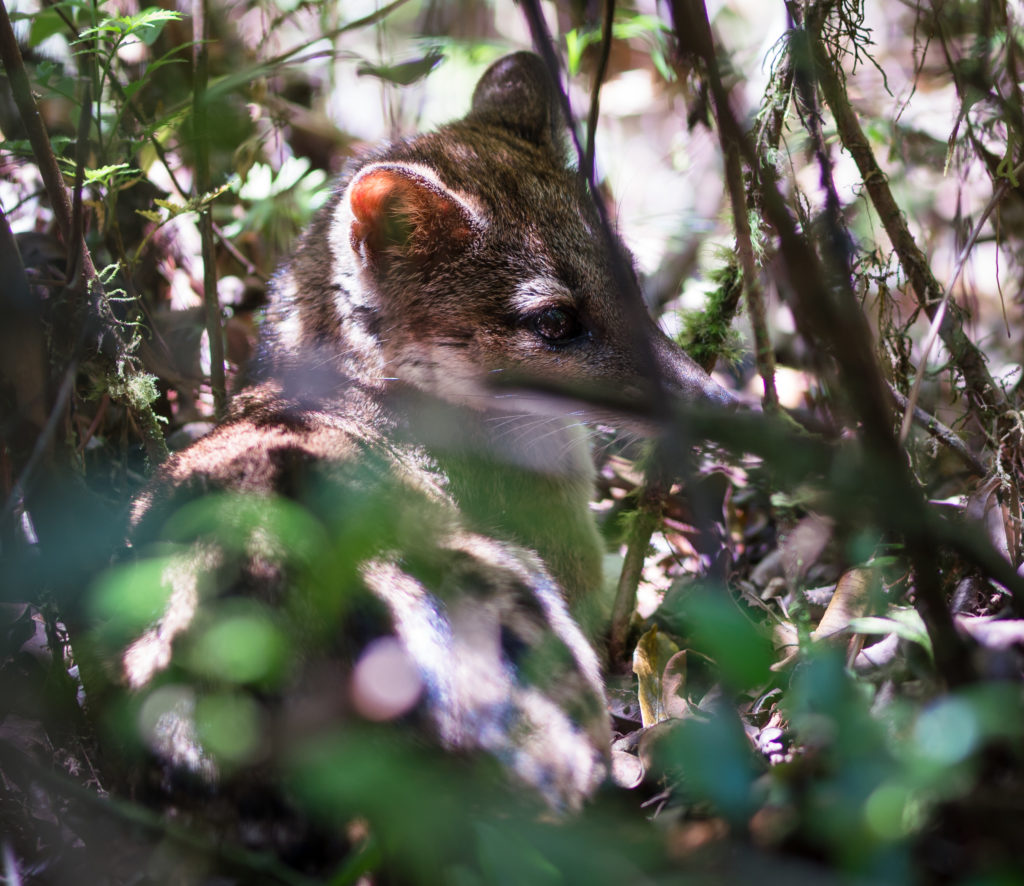
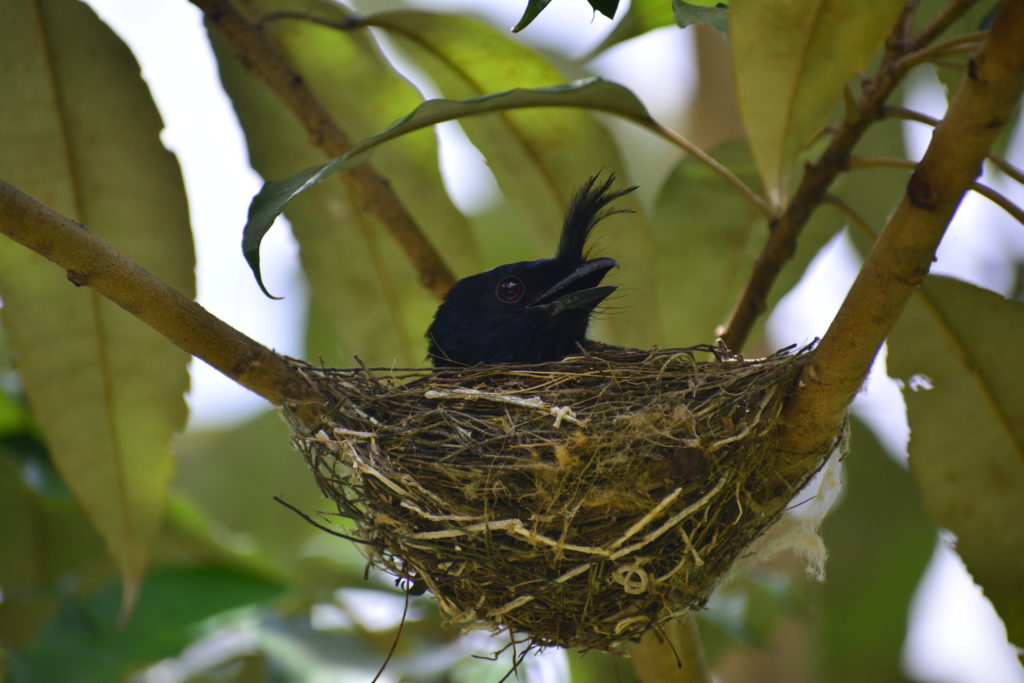
Why Madagascar matters
Madagascar is the fourth largest island in the world and features some of Earth’s most amazing and diverse life. Isolated for nearly 90 million years, the plants and animals of Madagascar evolved their own unique characteristics, not found elsewhere on the planet. Remarkably, the more than 100 species of lemurs found in Madagascar exist naturally nowhere else on earth. Such extreme endemism is characteristic of all forms of life on this island. Almost all of the mammals, reptiles, and amphibians, and over 90% of the plant species (over 12,000) are found nowhere else on the planet.
The sheer size of Madagascar, coupled with the diversity of Madagascar’s eco-zones, creates such a vast array of habitats that Madagascar is often referred to as the “Eighth Continent.” Almost every kind of tropical environment can be found in Madagascar: desert, lowland and high altitude rain forest, dry deciduous forest, mountains and valleys, grasslands, spiny forest, and razor-sharp limestone karst formations.
Sadly, much of Madagascar’s incredible biological diversity hangs near the edge of extinction. Since the recent arrival of humans over 3,500 years ago (Dewar et al. 2013), tremendous deforestation and animal extinctions have occurred. Less than 15% of Madagascar is now covered in natural forest, and within the last 60 years, forest cover has decreased by over 40% (Harper et al., 2007, Vieilledent et al. 2018, Global Forest Watch). Within the last 2,000 years, at least 17 species of giant lemurs (ranging in size from 10 kg to 160 kg) and many other megafauna, such as the three-meter-tall elephant bird, have gone extinct. (Learn more about extinct lemurs at the DLC Division of Fossil Primates.)
With 95% of lemur species classified as Critically Endangered, Endangered, or Vulnerable, lemurs are considered the most threatened group of mammals on earth (Schwitzer et al. 2014). “This is, without a doubt, the highest percentage of threat for any large group of mammals and for any large group of vertebrates,” says Russ Mittermeier, Chief Conservation Officer for Global Wildlife Conservation and chair of the IUCN Species Survival Commission (SSC) Primate Specialist Group (PSG).
Madagascar is one of the 10 poorest nations in the world, with more than 75% of people living on less than $1.90 a day (World Bank 2020). People survive by farming their own food, mainly rice, using traditional forms of slash-and-burn agriculture. With short fallow periods, slash-and-burn can be a destructive farming method which results in erosion and wildfires, and eventually to loss of arable land (only 6% of total land area). As Madagascar’s population grows (nearly 26 million and expected to double by 2050), the unique biodiversity of Madagascar continues to suffer. The Duke Lemur Center philosophy is that conservation must meet the needs of local communities in addition to protecting the uniquely remarkable fauna and flora of Madagascar.
A race against time
Lemurs are the most endangered mammals on earth. Protecting them and their only natural habitat of Madagascar — an island famous for its endemic plants and animals, and one of the world’s most threatened biodiversity hotspots — is a race against time.
For more than 35 years, the Duke Lemur Center has developed and implemented programs, working side-by-side with the people of Madagascar, to create positive change to protect lemurs and their natural habitat. Our key projects, which instill and inspire understanding and respect of the islands natural resources and promote environmental sustainability, include:
Environmental education teaches young Malagasy students the importance of forest protection and wise use of environmental resources. DLC-SAVA creates opportunities for students to learn in the classroom and in the forest.
Reforestation not only puts trees back on the landscape, but is an excellent tool with which to teach youth the importance of forests. We support forest restoration and agroforestry projects from local to regional levels.
Sustainable farming for increasing resilience and decreasing ecological footprint. Producing plentiful and nutritious food sustainably is vital to a healthy community. Sustainable agriculture techniques are aimed at reducing biodiversity loss, erosion, and soil depletion by eliminating annual clearing and burning practices, and has the added advantage of resistance to both drought and tropical cyclones.
Fuel-efficiency to reduce deforestation for charcoal production. Thus far, DLC-SAVA has distributed over 1000 fuel-efficient stoves at subsidized prices, which can reduce wood use by 50%, and decrease household air pollution, with the potential to improve respiratory health in women and children.
Family planning empowers local women to make choices about reproduction. Unsustainable population growth is currently threatening the land and forests of the SAVA region.
Fish farming creates opportunities for alternative proteins and income for people to decrease bush meat hunting. DLC-SAVA has assisted local villages in forming associations, installing ponds, and farming the native Paratilapia fish.
Research is needed to test theories with applications to conservation, and also provides opportunities to train and mentor university students and scientists, from both Duke and Madagascar.
At the invitation of the Government of Madagascar, one of the DLC’s newest conservation initiatives is to develop a conservation breeding program for Madagascar’s zoos, and help the island’s zoos and wildlife parks establish best practices in lemur care. In doing so, the DLC has the opportunity to improve the care and welfare of over 600 lemurs representing 20 endangered species, housed in 14 licensed zoos across Madagascar. This initiative may protect these species from extinction by maintaining a population of lemurs that one day may be the best candidates for reintroduction to Madagascar’s forests, to reinforce or re-establish wild populations.
Support
100% of funds for the DLC’s conservation projects comes from donors and grants. Please consider making a contribution today to support our work . Thank you!

